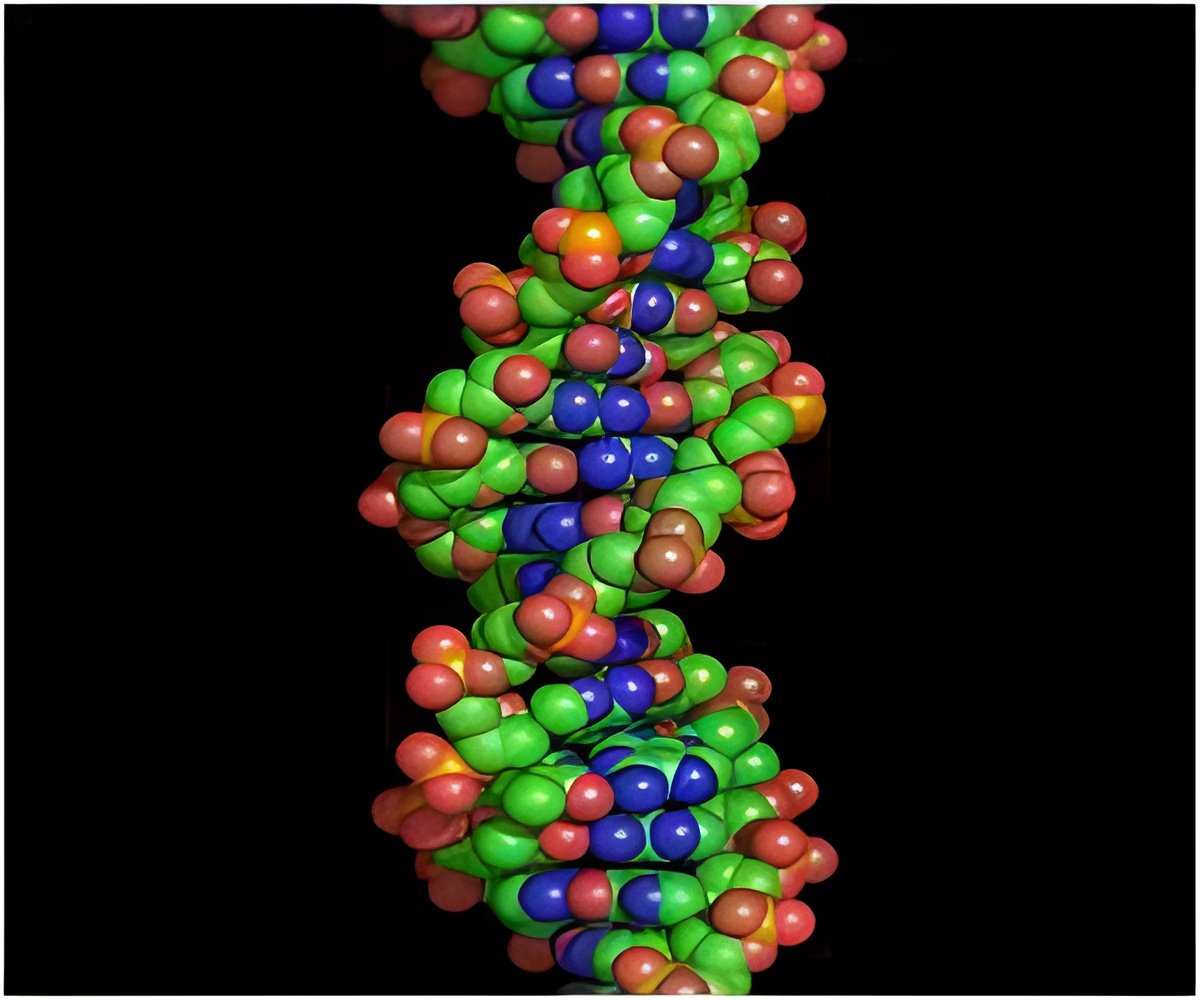Researchers have identified genetic markers that influence a protein involved in regulating estrogen and testosterone levels in the bloodstream.

The study was carried out in collaboration with the Framingham Heart Study and investigators from 15 international epidemiologic studies participating in the Cohorts for Heart and Aging Research in Genetic Epidemiology (CHARGE) consortium.
Sex hormone binding globulin (SHBG) is the key protein that carries testosterone and estrogen in the bloodstream in both men and women. As the main carrier of these sex hormones, SHBG helps to regulate their effects in different tissues and organs in the body. In addition to effects on reproduction in men and women through regulation of sex hormones, SHBG has been linked to many chronic diseases including type 2 diabetes and hormone-sensitive cancers such as breast and prostate.
Previous family studies have demonstrated that approximately 50 per cent of the variation in SHBG concentrations in the bloodstream is inherited from parents, suggesting that SHBG levels are under significant genetic control. However, little has been known about the specific genes that influence SHBG levels.
Investigators examined human genomes from 21,791 men and women to determine which genes influence SHBG levels and validated the results from this genome-wide association study (GWAS) in an additional 7,046 men and women. They identified 12 single-nucleotide polymorphisms (SNPs), or DNA sequence variations, associated with the concentration of SHBG circulating in the bloodstream. Although these genetic variants only explain a small fraction of the sex hormone variability seen between individuals, they could provide insight into the diseases connected to sex hormone regulation.
The results showed that the SNPs that influence SHBG levels are near genes related to liver function, fat and carbohydrate metabolism and type 2 diabetes. In addition, there were genes that had stronger effects in one sex compared to the other.
Advertisement
Source-Eurekalert















